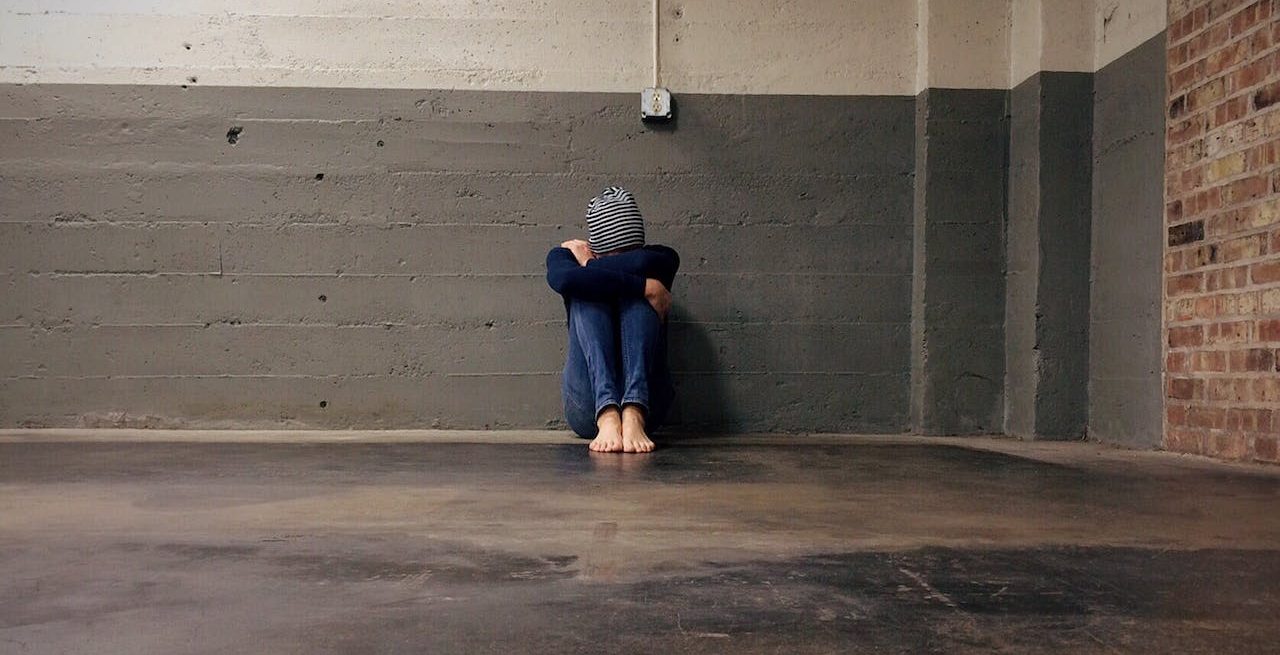How Florida Restaurateurs Can Stay on Top of Human Trafficking Issues
2 Min Read By Kim Gore
Human trafficking is a global problem that has only worsened since the pandemic.
Though the stereotypes around the crime portray women – often girls and children – as victims, with sex the end goal, forced labor is on the rise and men and boys are increasingly the victims.
Moreover, where it’s most hidden is in the hospitality and restaurant industries. A Northeastern University study found 12 percent of labor trafficking cases took place in the hospitality industry; 12 percent of suspected perpetrators had exploited others in restaurants, using force, fraud or coercion to intimidate people to work under exploitative and illegal conditions.
The victims are inevitably migrant workers and the economically disadvantaged. Florida has both, along with a booming hospitality industry thanks to the tourism trade. That has helped to make it the state with the third greatest number of reported sex trafficking cases, and ranked 12th regarding cases of human trafficking.
Hospitality employers should be aware of the business risks posed when they staff with trafficked people, starting with legal (complicity); operational (business disruption) and reputation (financial). It calls for adequate liability coverage, which is predicated on solid mitigation practices.
That starts with proper staff training.
What Awareness Training Must Cover
Many states, including Florida, require hospitality industry employers to train their staff to be aware of the signs of trafficking, and how to prevent it. At the minimum, restaurants should display signage about the issue in common employee spaces.
Public information programming tends to be aimed toward general audiences and focus on sex trafficking. In the restaurant business, if trafficking is occurring, it tends toward labor trafficking and exploitation, most often of “back of the house” employees.
Patrons, then, aren’t in a position to recognize the signs. Fellow restaurant workers though, are. Training must not only define human trafficking, but educate employees as to the signs:
- Restrictions on a worker’s ability to leave the restaurant
- Intentionally exhausting work hours
- Physical or sexual abuse
- Constant surveillance
- Unsafe working conditions without protections
- Lack of medical treatment for job-related injuries or illness
Employers also should establish protocols for reporting suspicious situations. Direct confrontation should be discouraged. If situations present an emergency, such as threats of violence or physical assault, the first step is a call to 9-1-1.
Where to Start
Detailed guidelines for training are available through a variety of resources:
·The Florida Restaurant and Lodging Association offers a low-cost online course in English and Spanish that’s approved by Florida’s Department of Business and Professional Regulation. In addition to sharing common signs of trafficking, the program includes resources for reporting suspected human trafficking, and best practices to protect victims and reduce business liability.
·The U.S. Department of Homeland Security’s Blue Campaign to end human trafficking has a substantial selection of training toolkits for various industries, including the hospitality sector.
- The National Human Trafficking Hotline provides two downloadable resources offering help and access to services. One is a flyer, available in 27 languages; the other is a wallet-sized card in 13 languages.
To report suspicious criminal activity to federal law enforcement, people can call 1-866-DHS-2-ICE (1-866-0347-2423). The National Human Trafficking Resource Center also can intervene; call 1-888-373-7888 or text HELP or INFO to BeFree (233733).


